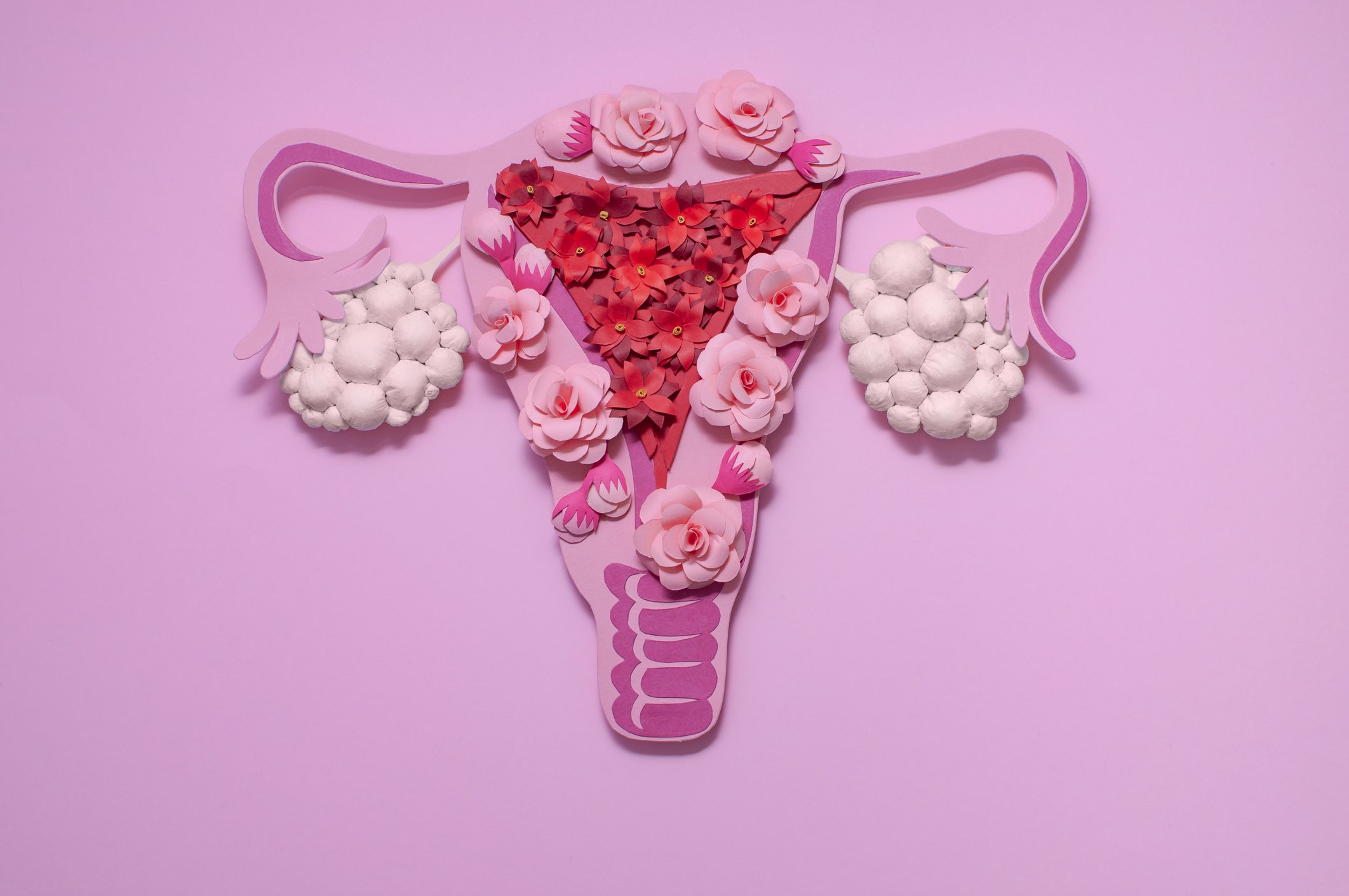During perimenopause and menopause, there is a gradual decline in hormone production, particularly estrogen, which is vital for maintaining bone density. Estrogen plays a crucial role in the balance between bone formation and resorption. As estrogen levels decrease, bone resorption increases, leading to a net loss of bone density. This reduction in bone mass elevates the risk of fractures and osteoporosis.
Read moreSpotlight on Dr. Chelsea Cole ND - Juniper Family Health
My practice is all about finding ease. Whether it is with food and eating, hormonal shifts and menstrual cycles, or mental wellbeing. I am passionate about helping people experience better periods at all life stages, improved digestion & relationship to food, and improved mental health.
Read moreUnderstanding Perimenopause: Early vs. Late Signs and Symptoms - By Dr. Meghan van Drimmelen, ND
As a naturopathic doctor with a passion for women's health, I often encounter patients who are navigating the phase of life known as perimenopause. This transitional period can bring about various changes in a woman's body, with early and late perimenopause marking distinct stages in the process. To shed light on this topic, let's delve deeper into the signs and symptoms of each phase, as well as provide clarity on perimenopause, menopause, and postmenopause.
Read moreUnderstanding the Link Between Hypothalamic Amenorrhea and Bone Health - By Dr. Chelsea Cole ND
Many people are aware that having irregular periods negatively affects hormones and fertility, but did you know that not having a period can affect your bone health? For example, hormonal conditions like hypothalamic amenorrhea (HA), increase the risk of low bone density and fractures. If you are struggling with an irregular or absent cycle, this is just another reason to investigate your hormones, and get on a plan to feel better.
Read moreThe Power of HIIT: Improving PCOS Symptoms One Workout at a Time - By Dr. Chelsea Cole, ND
Have you heard about avoiding high intensity exercises if you have polycystic ovary syndrome (PCOS)? The thought is that these activities increase cortisol levels, which can negatively affect hormone balance. In fact, there is a lot of online discussion these days about modifying your movement depending on where you are in your menstrual cycle, for a variety of different hormonal concerns, including PCOS. While it makes sense to tune into your body, and honor what you need, sometimes this conversation is filled with misinformation and can become another barrier to regular movement. So, I want to take some time to talk about recent research into the benefits of high intensity interval training (HIIT) for those with PCOS.
Read moreThe Heart of the Matter: How Hormones Affect Women's Cardiovascular Health
For World Menopause Day this year, the International Menopause Society launched a campaign to raise awareness on the effects of hormones on cardiovascular health in women. Specifically, they highlighted the potential cardiovascular disease (CVD) risk associated with various reproductive milestones in a woman’s life. These milestones include menstrual cyclicity, adverse pregnancy outcomes, breast cancer treatments, and menopause itself. This is such an important topic in the sphere of women’s health, and something that I review with my patients regularly. Let’s dive into the details shall we!
Read moreThe Fertility Benefits of Inositol in Women with PCOS - By Dr. Meghan van Drimmelen, ND
Polycystic ovary syndrome (PCOS) is a hormonal disorder that affects many women of reproductive age. In this blog article, Dr. Meghan van Drimmelen reviews how inositol naturally works in the body, and the evidence to support its use for improving fertility outcomes in women with PCOS.
Read moreGetting to Know Your Menstrual Cycle: The 3 Phases - By Dr. Chelsea Cole, ND
Learn all about the 3 phases of the menstrual cycle and what hormones govern them, in Dr. Chelsea Cole’s newest blog article (…)
Read moreHow To Reduce Toxin Exposure To Support Hormone Health - Dr. Courtenay Boer, ND
It’s no secret that our environment can affect our health. Factors are diverse, from the quality of the air we breathe, to the food we eat, to the clothes we wear and beyond. Environmental toxins are ubiquitous in our world and they have significant consequences for health and hormones. Many of these toxins have been found to have endocrine-disrupting properties, so we label them as endocrine-disrupting chemicals or EDCs. Some of these EDCs have been identified as xenoestrogens, which means they are exogenous (environmental) chemical compounds that mimic estrogen in the body and can modulate estrogenic activity (…)
Read moreThe Sunshine Vitamin & Polycystic Ovary Syndrome (PCOS) - By Dr. Chelsea Cole
Now that the weather is warming up, exposure to sunshine will help increase vitamin D levels. While an adequate vitamin D level is important for many different aspects of health and wellness, it may be particularly helpful for those with polycystic ovary syndrome (PCOS). Read on to learn more (…)
Read moreJuniper Family Health will be open from 9am until 5pm on Saturdays in the New Year!
Starting on January 5th, Dr. Chelsea Cole will be available for Saturday bookings, in addition to Monday and Tuesday from 10am until 6pm. She is excited about being able to accommodate those individuals that are unable to commit to appointments during the weekdays (…)
Read more










